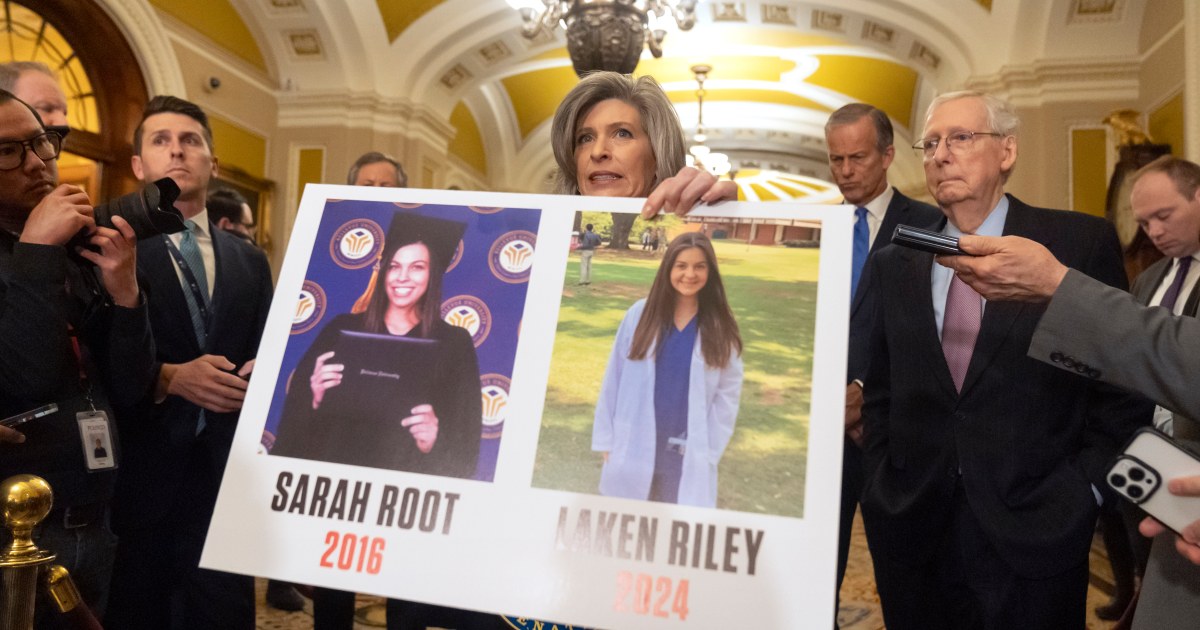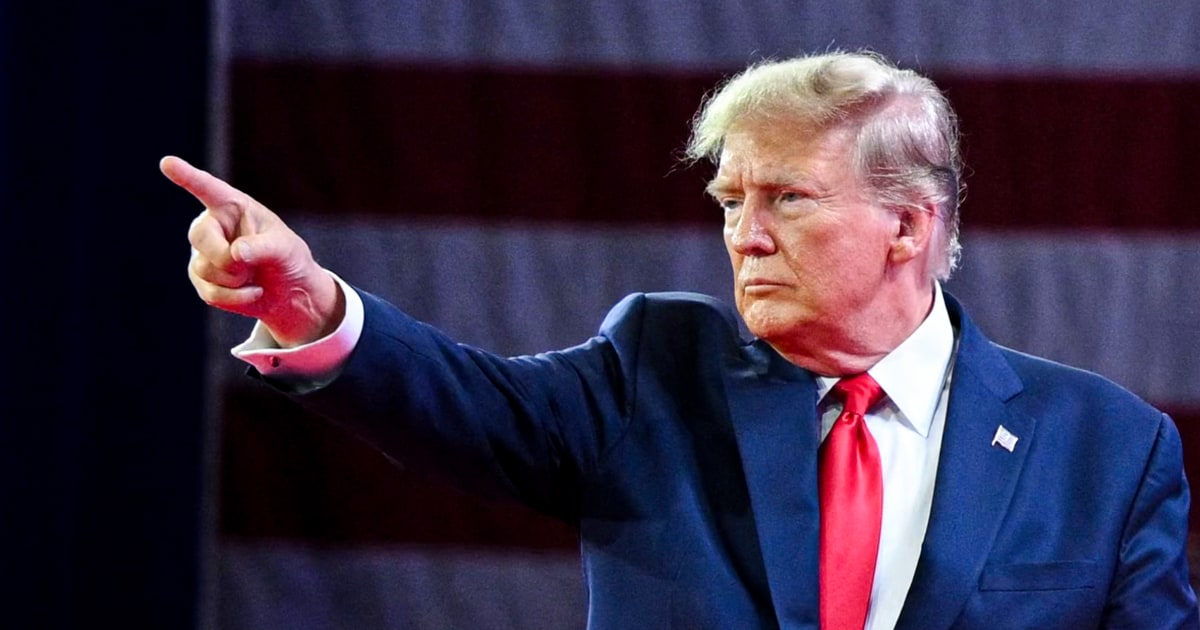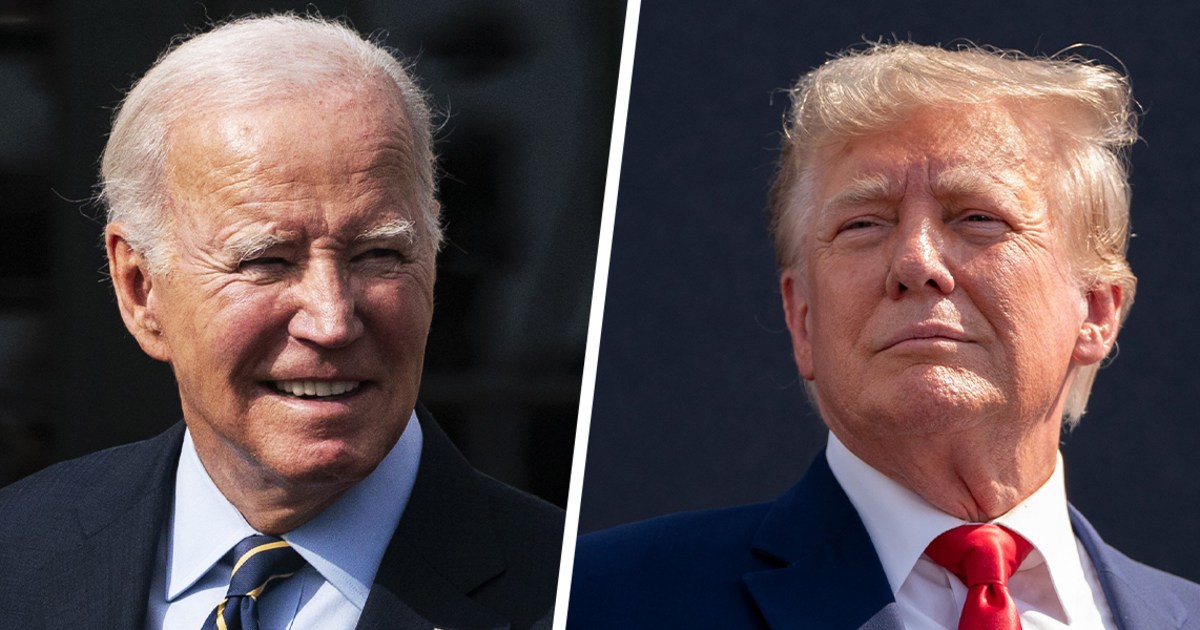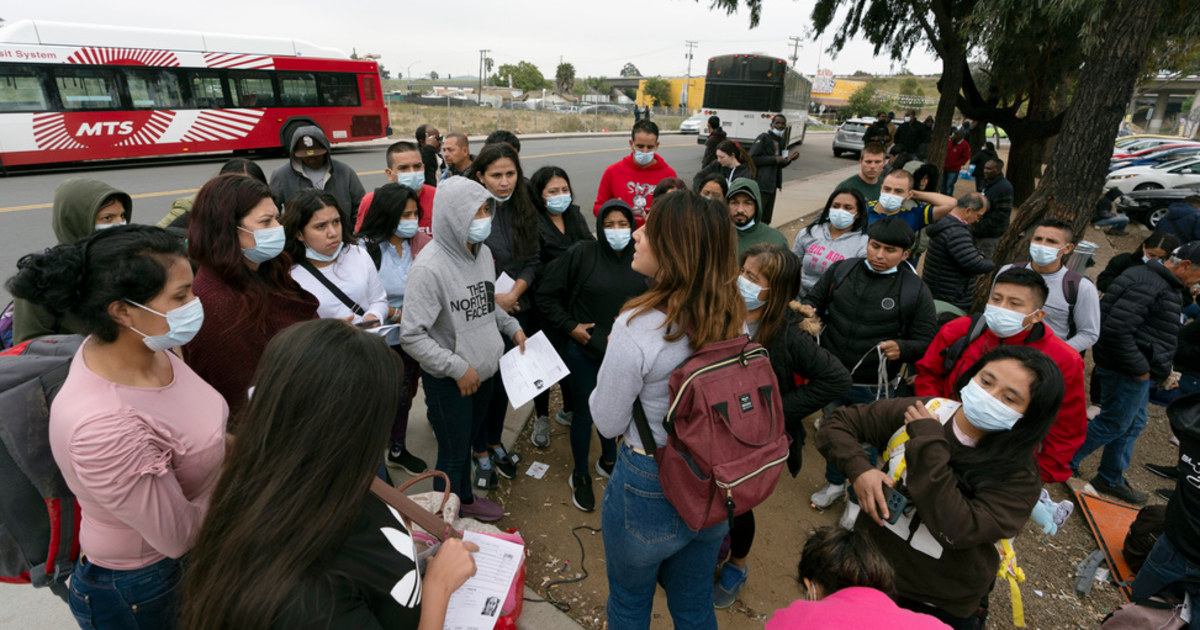By Andrea López-Cruzado
Before serving as vice president of the United States during the two administrations of Barack Obama (2009-2016), Joe Biden was a senator for more than 35 years, between 1973 and 2009. During this time, he has been involved in numerous decisions that impact life of millions of immigrants in the country.
That is why we took on the task of reviewing his political past, to try to understand the current candidate.
What we found was a senator with very different positions from the ones he took when he became vice president, which are the same that he now defends and promotes as a candidate for the presidency.
“It is absolutely possible that the change we see from Biden on immigration is a calculated move to win votes,” Jessica Lavariega Monforti, dean of the College of Arts and Sciences at California Lutheran University and an expert on politics and immigration told us. .
However, "the shift to the right has been fairly constant and it could be argued that
Biden has witnessed the impact of restrictive policies and has learned from them."
Someone who has closely followed and watched the effects of immigration crackdown is Julie Schwietert Collazo, co-founder and director of Immigrant Families Together, an organization dedicated to reuniting and supporting families separated on the border with Mexico.
In conversation with Noticias Telemundo, Schwietert Collazo told us that historically "the immigration policy of the United States has been a policy of exclusion, of preferences" that only hit those who were directly affected.
The drastic policies of the Donald Trump administration, however, have captured the attention and raised the conscience of many.
Joe Biden presents agenda for Latinos: proposes ending family separations and the public charge rule
Aug. 5, 202001: 56
So what have been those immigration policies that have transformed the lives of immigrants to the United States, not just in the last four years but in the last decades?
How did Biden act and vote when representing the state of Delaware on immigration issues?
What were your positions when you accompanied Obama?
What do you promise today?
This is an account of what we found:
[Follow our full coverage of the 2020 elections]
Biden, the senator
Although today the presidential candidate promises that he will work for "a just and humane immigration system" that guarantees "the dignity of migrants" and "defends their legal right to seek asylum," his position as senator was sometimes different. .
The remembered immigration reform signed by Republican President Ronald Reagan in 1986 had the support of Biden, who was in his third term as senator.
The Immigration Reform and Control Act legalized some 2.7 million undocumented immigrants, out of the roughly 3.2 million living in the United States at the time.
Four years later, President George W. Bush - also a Republican - signed the Immigration Act of 1990, which established annual visa quotas for immigrants sponsored by family members in the United States, professionals with extraordinary abilities hired by American companies and the called 'visa lottery', for people from countries with little immigration.
The law was approved by the vast majority of senators, including Biden.
Years later, Biden would support another decisive immigration law, but with very different consequences for immigrants.
In 1996, Biden voted in favor of the Immigrant Responsibility Act (IIRIRA), which is frequently cited as the root cause of the increase in deportations and criminalization of immigrants.
With broad support from both parties, the law enacted by then-Democratic President Bill Clinton authorized the deployment of more resources to police the border with Mexico, including $ 12 million for the construction of new barriers in California;
established fines of $ 250 for those who tried to cross the border illegally and prohibited deported immigrants from returning to the United States for three to 10 years.
In addition, it
toughened up the asylum application process.
Also, while today the Democratic presidential candidate considers the construction of a border wall "a waste of money" that diverts vital resources from real threats, his position as a senator was different.
In 2006, during the second George W. Bush administration, Biden joined 54 Republicans and 25 other Democrats in voting for the Secure Fence Act.
Billed as "an important advance in our nation's efforts to control our borders," the law authorized the construction of hundreds of additional miles of fence on the border with Mexico.
In May 2019, the CNN news network unearthed an old video of Senator Biden speaking at the Rotary Club of South Carolina.
On the tape, recorded in November 2006, Biden is heard talking about punishing employers who knowingly hire undocumented workers with jail and refers to a "corrupt Mexico" by noting that his support for a border barrier does not it responded to an immigration threat, but to drugs.
In 2007, when Biden was running for the Democratic Party nomination for president, he was asked in a debate whether he would allow sanctuary cities (those that do not collaborate with the central government to go after undocumented immigrants unless they commit serious crimes) to ignore the federal law.
Biden answered no.
In another debate two months later, he was asked about the idea of granting driver's licenses to undocumented immigrants.
While several of his opponents came out in favor and explained why - including future President Barack Obama - Biden responded with a simple, but resounding: "No."
It was August 2008, Joe Biden was speaking in Illinois as Barack Obama's vice presidential candidate.
During Obama's eight-year term, just over 3 million immigrants were deported.
Alex Brandon / AP
However, he seems to have changed his mind.
In December 2019, the still Democratic candidate spoke out in favor of granting driving licenses to undocumented people during a forum with voters.
From vice president to candidate
When Biden came to the vice presidency under Obama, the immigration issue was quickly displaced by the Great Recession of 2008 and efforts to rescue the country's economy.
Yet the deportation of 3 million people remains a stain on Obama's legacy, which is taking its toll on Biden in his run to the White House.
In December 2019, in an interview with Noticias Telemundo, then-candidate Biden tried to downplay the issue by noting that "comparing what President Obama did and what Trump did is like night and day," and he did not apologize for the deportations.
It was not until February 2020, when his Democratic rival Bernie Sanders had a wide advantage in the Latino vote, that Biden finally acknowledged that it was "a big mistake" by the Obama administration to deport 3 million undocumented immigrants, and that it took a long time. time to correct that situation.
However, Biden did not miss the opportunity to ensure that if he won the elections, in his first week as president he would present a bill that would lead to the legalization of the 11 million undocumented immigrants in the country.
Under his plan, which prioritizes the union of families, immigrants who register, are current with their taxes and pass a background check could benefit.
In another interview with Noticias Telemundo last month, he added that he planned to freeze deportations during his first 100 days in the White House and that only immigrants who commit serious crimes would be expelled.
But if when talking about Biden we are going to highlight the deportations during the Obama presidency, it is also fair to emphasize that it was while Biden was vice president that DACA was born.
Joe Biden vows to freeze deportations in his first 100 days in the White House
Sept.
15, 202004: 19
The program that President Trump has tried to overturn, including with the help of the Supreme Court, protects some 650,000 young people who were brought in by their parents as children from deportation.
As vice president, Biden also led the White House's efforts to financially support the Northern Triangle of Central America, made up of Guatemala, Honduras and El Salvador.
In 2016, Congress would end up approving a $ 750 million aid package for those countries.
Promises in immigration
Biden's campaign has written what it calls "Biden's plan to secure our values as a nation of immigrants," in which he pledges to "take urgent action to reverse the damage caused by Trump and restore the values of the United States."
To achieve this, he offers that in the first 100 days of his Government he will do the following:
Family separation:
immediately reverse the separation of parents and children at the border, and end the persecution of parents for minor immigration violations, as well as prioritize the reunification of children who are still separated from their families.
It also promises to codify protections to safeguard the well-being of migrant children and move them to safe environments as soon as possible.
Asylum:
ending the Migrant Protection Protocols, under which the United States has prevented tens of thousands of migrants seeking asylum from applying for that right, leaving them stranded in Mexico.
To do this, the Trump White House has signed agreements with the Governments of Guatemala and Honduras, which it has designated as a "safe third country."
Biden is also committed to restoring asylum laws and greatly increasing resources to support migrants waiting at the border.
DACA:
restore the program that benefits immigrant youth brought as children and "explore all legal options to protect their families from inhumane separation."
Open federal aid to Dreamers so they can pay for their studies.
TPS:
order an immediate review of the Temporary Protected Status to prevent vulnerable populations from returning to countries that are not safe, including El Salvador, Honduras and Nicaragua.
Also, promote immigration reform in Congress that paves the way to citizenship for immigrants with TPS who have built their lives in the United States.
Raids:
End workplace raids, and protect other sensitive places from actions that harm immigrants, such as hospitals, schools, or places of worship.
287 (g):
although there is no specific mention about the program that allows the collaboration of local police departments with immigration agents in Biden's extensive immigration plan, the issue is included in the recommendations made by his team along with that of Senator Bernie Sanders' campaign.
The team proposed to reverse the use of 287 (g) and similar programs, as well as to end all agreements reached during the Trump administration.
Biden has spoken in favor of this recommendation.
Military:
Will not seek the deportation of people who serve in the Armed Forces or their families, and will advocate for the return of veterans deported by the Trump Administration.
“Immigration is essential to who we are as a nation, our core values and our aspirations for our future.
Under the Biden Administration, we will never turn our backs on who we are or what makes us unique and proudly American.
The United States deserves an immigration policy that reflects our highest values as a nation, ”says Biden's campaign.
But the list of immigration proposals is long and each one more pressing than the other.
So
where should Biden start if he makes it to the White House?
"It's difficult to identify a single priority," Schwietert Collazo told us.
“But one thing is certain: we must begin to repair the damage we have done to the communities.
A priority should be to remove all the people who are detained and who are not criminals.
Another certain thing is that no change will be immediate.
"Trump has removed so many pillars on which immigration policy rests, that we are going to be trying to undo the impact of current policy for a long time," Collazo said, and gave as an example the appointment of judges in immigration courts and appeals. .
"We may remove Trump, but the policy he has implemented is going to have an impact for many years," he concluded.









